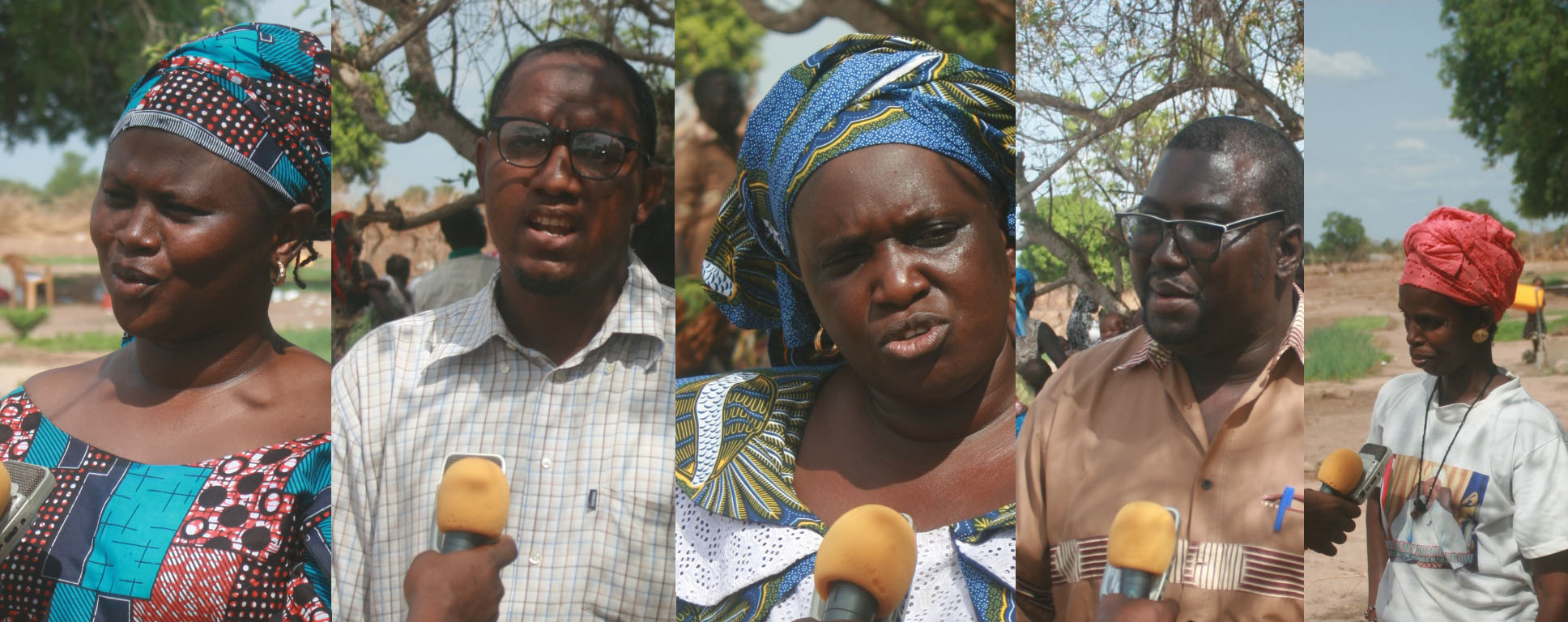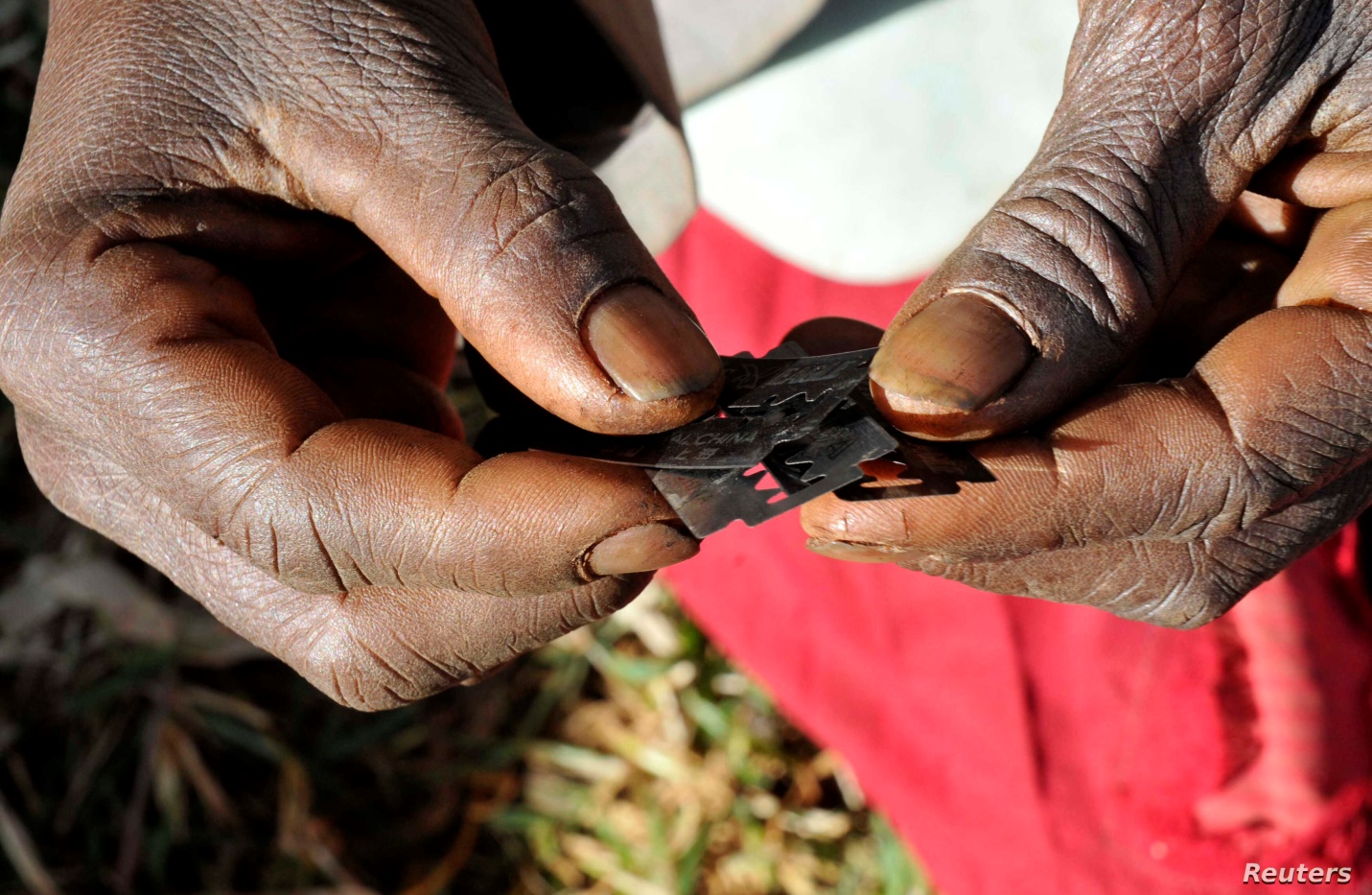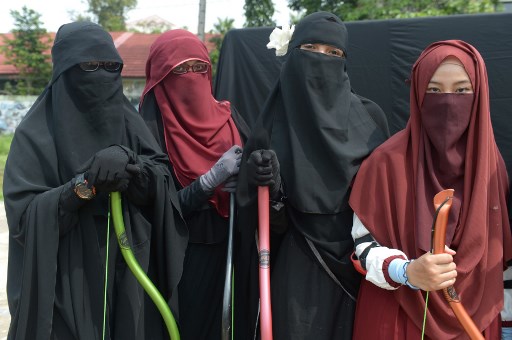By Yunus S Saliu
At least 200 women selected in four catchment areas namely Darsilameh; Minteh Kunda; Bantankilling and Daru Barakati has been trained on agro-ecology and organic farming.
The four-day training was part of the Circular Economy in Sustainable Agricultural Development (CESAD) project funded by the European Development Fund through the European Research Institute (ERI).
The interactive training, which includes practical instructions on how to prepare the organic compost, was held in the North Bank Region and it was conducted in local languages for a better understanding.
The training exposed the women into a production system that will sustain the health of soils, ecosystem without chemical inputs. Also, they learn principles of organic farming which include health, ecology, fairness and care.
Organic farming, according to the lead consultant, relies on ecological processes, biodiversity and cycles adapted to local conditions, rather than the use of inputs with adverse effects.
Commenting on the training, Samba Jawo, Local Project Manager for CESAD said the four-day training was part of a project funded by the European Union and implemented by European Research Institute with Njawara Agriculture Training Centre and Agency for the Development of Women And Children.
“CESAD, is a three years project operating here in the North Bank Region of The Gambia and it targets the Solicita Federation Women who are the direct beneficiaries of this project,” Mr Jawo stated.
And “our main goal and objective is to support the local farmers and expose them to new agricultural techniques, one among the reasons we always rollout training activities for them to learn agricultural best practices that will enhance their productivity,” the Local Project Manager explained.

On this four-day training, he said they targeted 200 women meaning 50 participants were trained each day on organic farming and agroecology, and this training, among other things, meant to discourage them from using imported fertilizers but encourage them to use the organic fertilizers, “which is very healthy for the soil, economical and easy to get.”
“Throughout the four-day training, participants learned how to process the organic manure from begin to end and they can do it on their own especially that all items for it are within their reach, this make things easy for them,” he added
So, with this training they now understand how to compose organic compost and how to apply it to whatever they are planting.
Michael Mendy, lead consultant of Nalipal Agricultural Enterprise, said organic agriculture is the way forward “it is more sustainable.”
Explaining meaning of agroecology to the participants, according to FAO definition he said “agroecology is based on applying ecological concepts and principles to optimize interactions between plants, animals, humans and the environment while taking into consideration the social aspects that need to be addressed for a sustainable and fair food system.”
When it comes to organic agriculture, he said they use available locally source materials “which is the main reason we taught the participants practically and made the training a general participation without leaving behind any of the participants throughout the training.”
However, agriculture is a business just like any other enterprises, if you want agriculture to be sustainable there is need to look at the social, environmental, and health aspects, he noted.
He added that organic compost is not expensive and required materials for it includes collection of waste green plants, animal dung, and water.
Fatoumatta Jagne, Solicita lady president, one of the participants said CESAD project has positive impact in the lives of the women farmers of the NBR “with the project we have experienced great achievements, in particular today, like other participants I’m able to learn a lot and we thank Allah for the great support from EU and ERI.”
However, they are still expecting further assistance from the project such as construction of the aquaculture facility and the office and food-processing centre, she stated.
Haddy Joof, Secretary General of Solicita joined other participants to express gratitude to the sponsors of the CESAD project through European Research Institute and implementing partners for the training.
She said it is the first time most of the participants got exposed to the preparation of the organic compost in the region.
This training will be useful to the women farmers greatly, while she named among the vegetables – tomato, onions, pepper, lettuce, garden eggs and lots more they grow in their farms.
However, the European Research Institute (ERI) is an international non-profit organization that works to promote research and experimentation for innovation in scientific and social fields. And the CESAD project has on going activities namely the construction of modern aquaculture facility, office and food processing center for Solicita Federation at Kerewan in North Bank Region.




